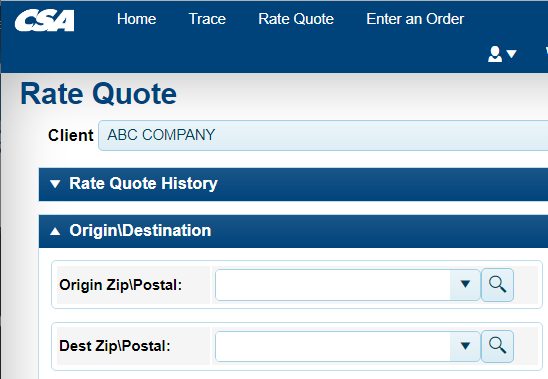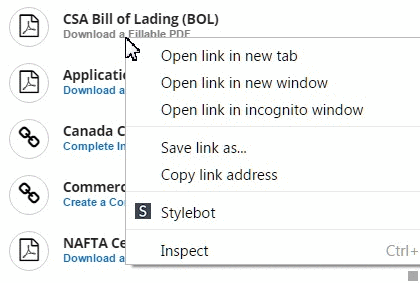The Price is Right! (Or is it?)
What's in a price? A number of things should factor into your pricing strategy, which makes determining price one of the trickiest aspects of running a business. Whether you're an LTL freight company responsible for shipping from Canada to the US, or a small business owner trying to keep the doors open and the lights on, knowing how to find your pricing sweet spot is crucial to success.
The most important point to keep in mind is: How much are you spending to make a sale?
The cost of a sale isn't just the amount of money you pay for your goods at wholesale prices. If you have a brick and mortar store, you need to factor in your staffing charges, the cost of rent, utilities, freight, maintenance, taxes, and more. Your sale price will need to cover all of these expenses-- otherwise you'll be taking money out of your own pocket to make a sale happen, and nobody wants to do that. If you run an online store, you'll still need to take into account your shipping and stocking costs, plus the costs of hosting and running your website.
No matter what type of store you have, it's important to take into account your business's overhead when pricing items. The right price for your goods won't be a multiple of wholesale-- but it also shouldn't be arbitrarily lower than the competition's, either, as there's no guarantee that you'll have a profit when all is said and done, and your competitor may turn around and offer lower prices to beat yours.
Instead, when putting together your pricing, focus on what unique value your business provides. Is it better service? Quicker shipping time? Is shopping in your store a luxury experience all on its own? Find a value point that your competitors can't offer and cash in on it.
Finally, when pricing, don't just take into account your overhead-- exceed it by as much as you reasonably can. This will not only help you turn a profit, but will give you some wiggle room for when you inevitably want to run a sale on various goods. If you're in an industry that runs frequent discounts-- such as the furniture business, or a retail store-- mark your prices up enough that the markdown won't slaughter your profits.
Customers will know if you mark prices up from usual only to mark them down for your sale, so take this into account. Give yourself a little financial cushioning, and focus on providing your customers with a unique, valuable experience, and you'll be fine.








